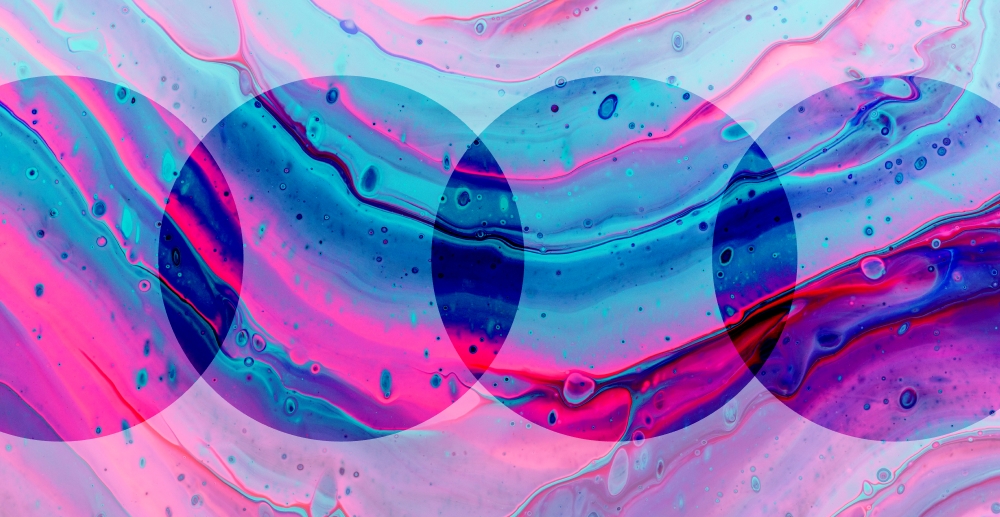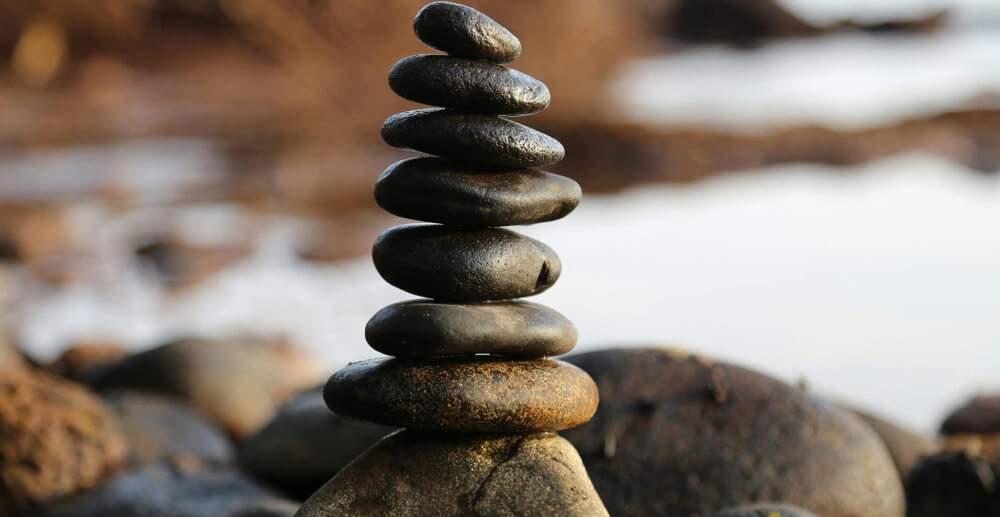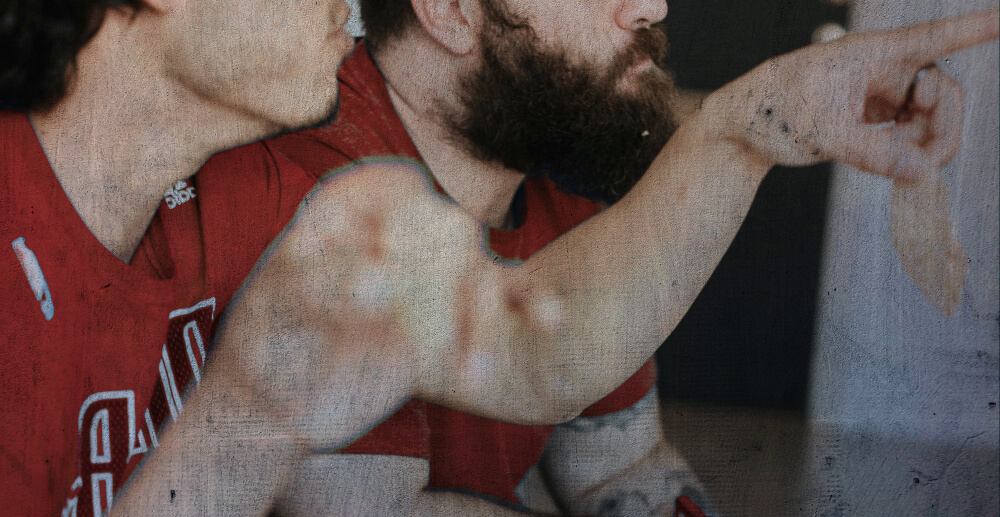Olivia Pennelle of Liv’s Recovery Kitchen shares what her eating disorder looked like, and how she overcame it.
I’ll never forget the first time I discovered that food could help me escape; I was around six years old. We’d not long relocated to the UK, from America. It was a quick and unexpected relocation. We fled with little other than the clothes we had. Struggling to cope with the trauma of leaving and growing up without a father, I was depressed and had difficulty coping with my emotions. As my family rebuilt a life in the UK, we faced challenges financially. I struggled to integrate into a new school and make new friends. Food softened the impact of those challenges, somehow—it transported me into a place of numbness and escapism.
From that moment on, I sought to sneak any food any way I could. Sometimes I would even feign a headache and stomachache to take time off school to eat. I just didn’t want to engage in life.
“I associated bigger with unworthy and ugly. ”
I’ve always had an unhealthy body image. Around 9 years old, I was sitting in the school hall, comparing the size of my thighs to the girl next to me. The thing was, I was a tall child (the tallest in my class—even taller than some of the boys), so I was always going to be bigger. But I associated bigger with unworthy and ugly.
At home, I saw my mum on one extreme diet after another.
I turned to more disordered behavior and substance use to manage my feelings.
Around 10 years old, we moved again, this time to the south of England. New school, new friends, and new bullies. Struggling to cope, I discovered that I could gain a semblance of control after my food binges by starving myself.
“At home, I saw my mum on one extreme diet after another. ”
By the time I was 13, I was regularly binging and purging. I was more depressed than ever, and often contemplated my existence. My depression was so intertwined with food—I would use starvation and binging as a means to escape my mood. Of course, I only ever felt temporary relief followed by bouts of shame.
Discovering boys turned my focus toward drugs. I discovered that if I used substances, I could starve myself for whole days at a time. It worked; I dropped a lot of weight. Suddenly, I gained the attention of the boys. That was addictive in itself! That attention gave me the motivation to continue on this unhealthy cycle of starvation, binging, and purging. I began to equate my worth as a young girl to the amount of attention I garnered from boys.
Following a trauma in my late teens, I sunk down further into a depression, and my appetite for escapism became insatiable.
My body dysmorphia continued into my twenties. Much of it was a blur because of the increased substances I was using to control my weight (cocaine). As I moved more toward alcohol, my weight fluctuated more rapidly. Along came one mainstream and crazy diet after another. Inevitably, I’d lose weight and then gain it all back—and then some. Not one of these programs addressed the reasons why I was using food in this way—because I was so desperately depressed, had unresolved trauma, and was complete inability to cope with life.
“Not one of these programs addressed the reasons why I was using food in this way—because I was so desperately depressed, had unresolved trauma, and was complete inability to cope with life. ”
As my addiction progressed, I gave up starving (much like I’d given up on life), and gained over 150 pounds. I hated myself. At 32, I hit a rock bottom. I couldn’t continue killing myself with food and substances, so I got help.
Recovery showed me a way out.
In finding recovery from substances, I was also able to deal with my eating disorder. From a sober mindset, I identified why I used substances (including food) to change how I felt. I uncovered long-standing mental illness (depression), lack of self-esteem and confidence, unresolved trauma, and an unhealthy relationship with food. It turned out, I had no idea how to eat normally. I was so detached from my body that I didn’t even know when I was hungry. And I detested how I looked so much that I couldn’t find one nice thing to say about myself.
“I have to constantly work on my hunger cues; more often than not I need emotional nourishment, exercise, relaxation, stress relief, and comfort—not food.”
I worked with a health coach to make my life bigger than food. I worked with a doctor to get my health under control, and I worked with a therapist to deal with my emotional recovery. From that place, I learned how to have an integrated and healthy relationship with myself and use food as it was intended—for fuel. I have to constantly work on my hunger cues. More often than not, I need emotional nourishment, exercise, relaxation, stress relief, and comfort—not food. Knowing that, and having coping strategies, has gone a long way in my recovery. I have lost 60 pounds and love myself today. That’s a far cry from the woman who desperately loathed her existence nearly six years ago.




